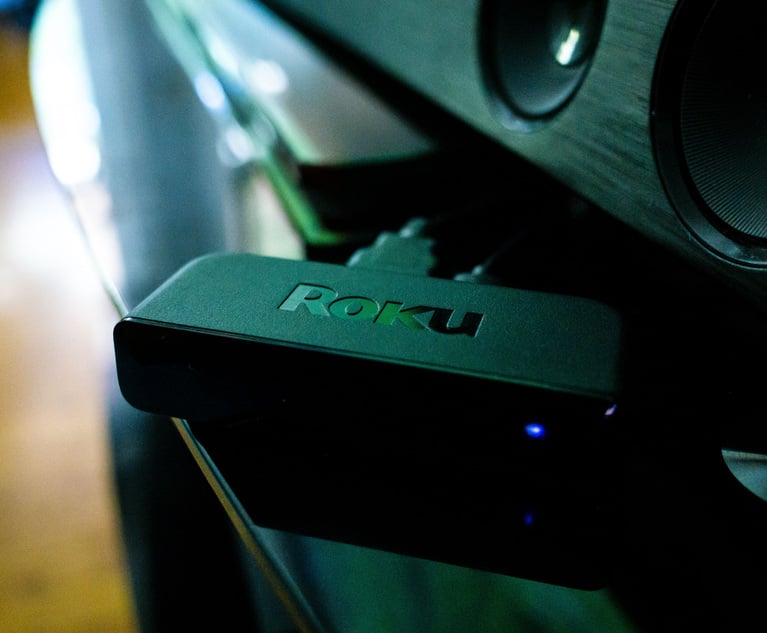The coronavirus pandemic has forced us to adopt some new behaviors. Who could have imagined being ordered to stay home and later to wear face masks when in public, cars sitting idle or graduation ceremonies taking place virtually? Further, could anybody have envisioned federal and state courts being shut down for months? One thing that hasn’t changed is that disputes are still arising.
Faced with a deadly virus and the resultant need for isolation, alternative dispute resolution (ADR) was forced to pivot. Videoconferencing technology existed but had been used only occasionally in ADR. Seemingly overnight, Zoom and the names of other videoconferencing platforms became part of the legal vocabulary. In a matter of weeks, virtual mediations became more popular, and arbitration hearings with parties scattered across the country began to seem ordinary.


 Charles “Chuck” H. Dick, JAMS mediator and arbitrator. (Courtesy photo)
Charles “Chuck” H. Dick, JAMS mediator and arbitrator. (Courtesy photo)




